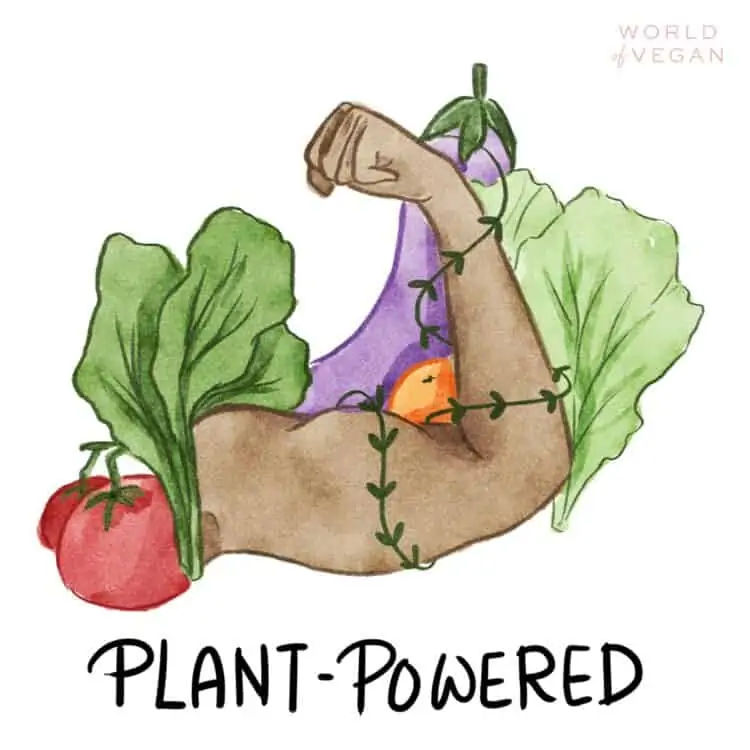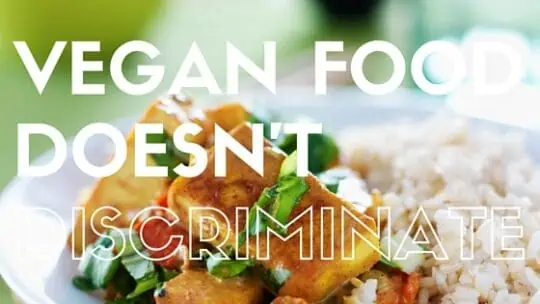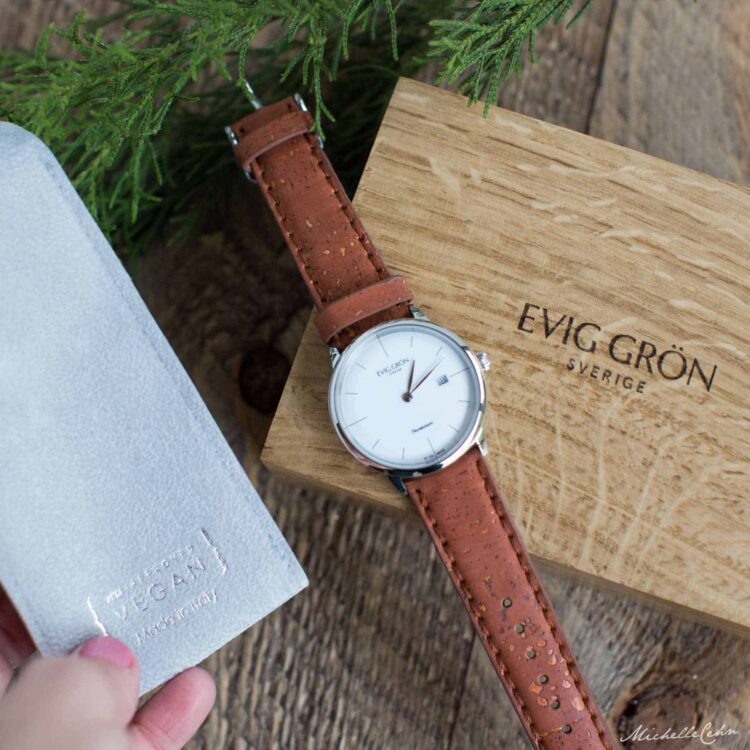Are Animal Products Sneaking Into Your Home?


Every vegan has their reason for going plant-based. For me, it was Mama Cow. I had just weaned my third child and I had never felt so personally connected to other nursing mamas—human and animal!
I went vegan overnight and never looked back. The immediate changes to my lifestyle were dietary, but soon thereafter, I began to think about what I was wearing. I wasn’t eating animals because that wasn’t compassionate or humane but why was I still holding a leather handbag, wearing a suede jacket or donning a wool coat? I could no longer tolerate the exploitation of animals anywhere—on my plate, in my closet, or in my home.
As I started to thin out my leather handbag and shoe collections and upgrade to cruelty-free alternatives, I became aware of injustices to animals in my home goods and beauty products. I was an educated woman, but had no idea about the inhumane practices happening in the name of fashion, style and beauty.
Below are some of the everyday products that I had no idea were harmful to animals.
Your Bedding: Is It Made With Down?
I bought down pillows and comforters in my pre-vegan days without a second thought. I always assumed that these products were filled with feathers that fell off the goose. Feathers she didn’t need anymore. Wasn’t that a natural process, a goose shedding her feathers? And wasn’t that a resourceful way to make use of something that was being naturally discarded in nature?
It wasn’t until I watched a video about how geese have their feathers painfully plucked to fill down pillows, bedding, and coats that my eyes were opened to the disturbing reality of the down industry. It’s heartbreaking and completely unnecessary. There are so many cozy and warm man-made options that exist today.
Cruelty-free alternative: Purchase products stuffed with man-made fibers or natural fillings such as kapok. Most bedding stores offer down-alternative pillows, comforters, and beyond—and these days, many of them feel just as light and fluffy.
Your Shampoo and Bath + Beauty Products
You never know what’s in those pretty bottles unless you read the labels! Many hygiene and beauty products contain tallow and gelatin, fatty acids that are extracted from the bone fat of pigs and other animals. These substances are used in shampoos and conditioners, and can also be found in body lotions, cosmetics, and anti-wrinkle creams.
Cruelty-free alternative: Instead of beauty products with keratin, biotin, amino and fatty acids, purchase vegan cosmetics that use vegetable derived sources of ingredients.
Your Perfume
How could something that smells so pretty contain something so vile? Ambergris is an ingredient containing the waxy oil that lines the stomachs of whales. It is used to scent many perfumes. Pee-yew!
But that’s not all, many perfumes and cosmetics are tested on animals which is a barbaric practice. Cosmetic testing on animals commonly includes practices such as smearing the product into the eyes of laboratory rabbits who are held down and forced to endure it as lab technicians take note of reactions. As you can imagine, this doesn’t feel good.
Cruelty-free alternative: Shop vegan fragrances that use naturally derived ingredients and essential oils.
Other Products In Your Home
What else could be harming animals in your home? Rugs are often made from wool, bedding can be made from silk, furniture can be made from animal skin or fur, and even candle wax can contain animal products. Tune in as you walk through your home about where animal products can be sneaking in where you might not want them to. And whenever you pick something up at a store, stop and think for a moment. How was this item made? Did it cause harm to others or was it made ethically and with sustainable materials? Just taking a short moment to think before you drop new items into your shopping cart will make you a much more conscious consumer.
What Should I Do With All The Animal Products In My Home?
This may feel overwhelming if you’re just learning about the cruelty involved in the down industry and the animal experimentation and animal ingredients that go into so many beauty and household products. Especially if you’ve already built your home, which you’re just now realizing is filled with animal products. So what should you do?
As tempting as it may be, please don’t feel like you need to throw everything away and start from scratch. If you really want to do that, you can donate your old products and go shopping for new, kinder alternatives. But most people aren’t in a financial position to do that; and in that case, it’s perfectly wonderful to make the decision right now that going forward, you’ll be more conscious about the products you buy for and bring into your home. You can make the decision that from now on you’ll shop cruelty-free.
How to Shop Cruelty-Free
Luckily, it’s easier today than ever before to shop for cruelty-free products that don’t cause harm to our fellow earthlings. There are entirely vegan companies for cosmetics, home cleaning products, bedding, and beyond. Plus, many brands have cruelty-free, down-free, animal-friendly lines if you just take the time to ask.
Want to give your home a cruelty-free makeover? Head over here to get started.






Leave a Comment